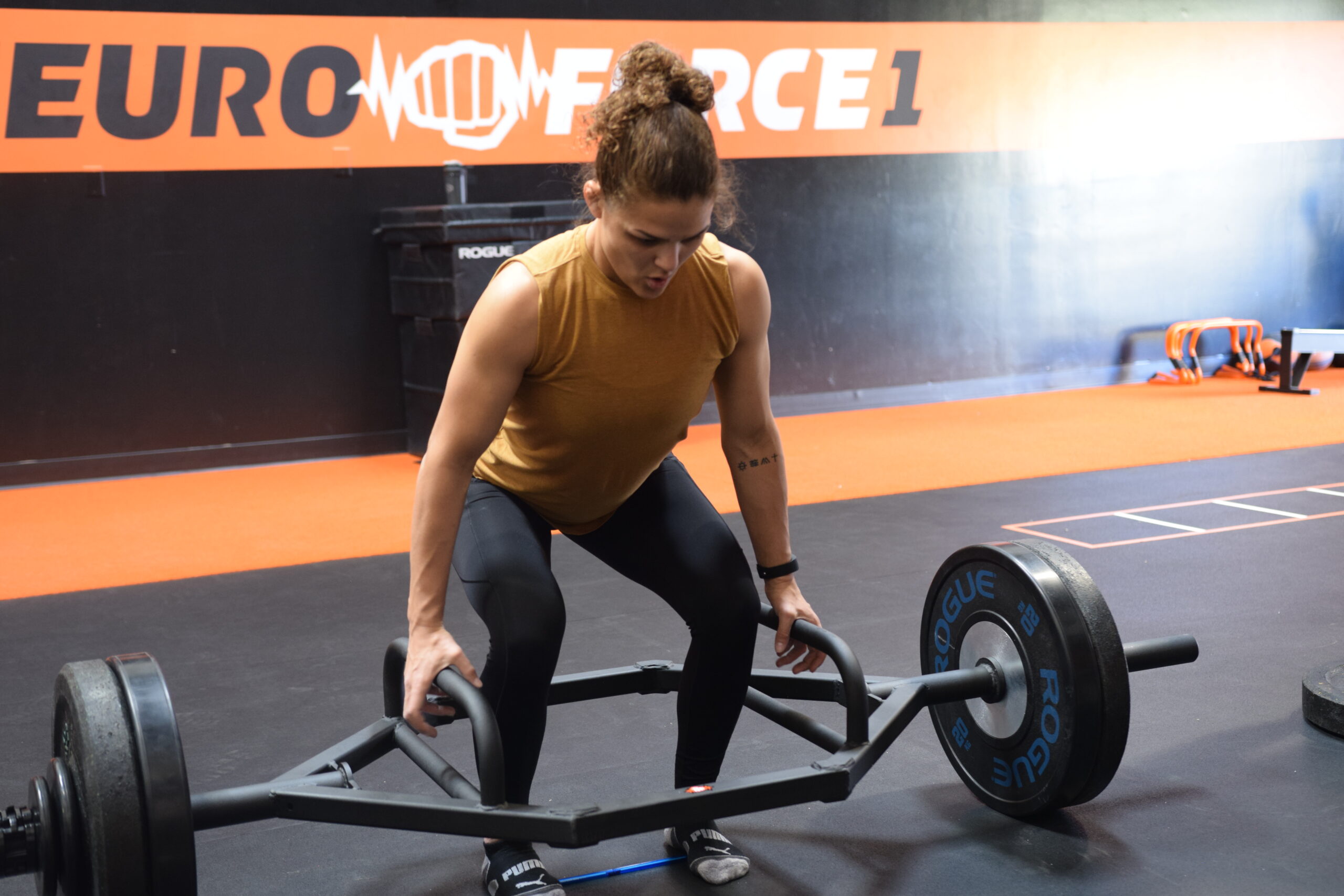
3 Main principles needed for a training program.
What’s the difference between training and working out? Don’t they both involve going to the gym and hitting the weights hard? Yes, but there are 3 very important principles that make the distinction between the two. Let’s compare using two athletes, Jane and John.
Specificity: When you train, you are working towards a specific goal. One that requires you to implement a proven, systematic plan to get you there. Any deviation that is not part of the script will only delay that goal. For example, if you take two former competitive athletes who are now fitness enthusiasts. Jane wants to improve her major lifts (squat, bench, deadlift) in the next 16 weeks in order to compete in the USPL meet coming to her city. She needs a program that involves not only practicing the techniques of these lifts, but also intentionally building the supporting muscle groups for these movements. John loves CrossFit but doesn’t want to compete in the games. While John may go to his crossfit box and complete the daily WOD to feel & look great, Jane requires a very particular approach to achieve her fitness goal. If Jane were to join John in his WOD’s, she would not be doing workouts that address the main components that her event requires. In this comparison Jane is training while John is just working out.
Overload: John goes to his gym to see what workout he is going to do. And more often than not, he will lift what he feels is best for him that day. Often trying to set a personal record or beat his personal time on a circuit. However, when Jane goes into the gym, instead of loading the bar and seeing how much she can lift, she has a plan for the load to be used. In order to get stronger, you have to give your body more stress than it previously had. It will adapt, and you repeat the process until you’re satisfied, or max out your potential. This principle is called overload.
Progression: John has now caught on to the overload principle, and is giving himself more load to handle on most of his workouts. However, his workouts never change. He has been on the same plan for the last 6 months. Jane, on the other hand, has weekly “A” routines and “B” routines. The principle of progression states that the body will adapt to the stressors you are giving it in a set routine, so along with overload, it’ll be good to adjust the volume or exercises to mitigate adaptation. This way you can continually increase your strength. Following these steps, Jane will continue to push her strength to new heights. While John may be in shape and have some really good results, he is not maximizing his potential by not setting a goal and following these principles.
Remember, your goals can switch throughout the year, and you can change plans. But it’s important to always have a plan that’s appropriate for you, your ability, and your lifestyle. Here at NF1 our new app can take your goal and give you a training program to get you there. Download the NF1 App and get started with your 14 day free trial today!
